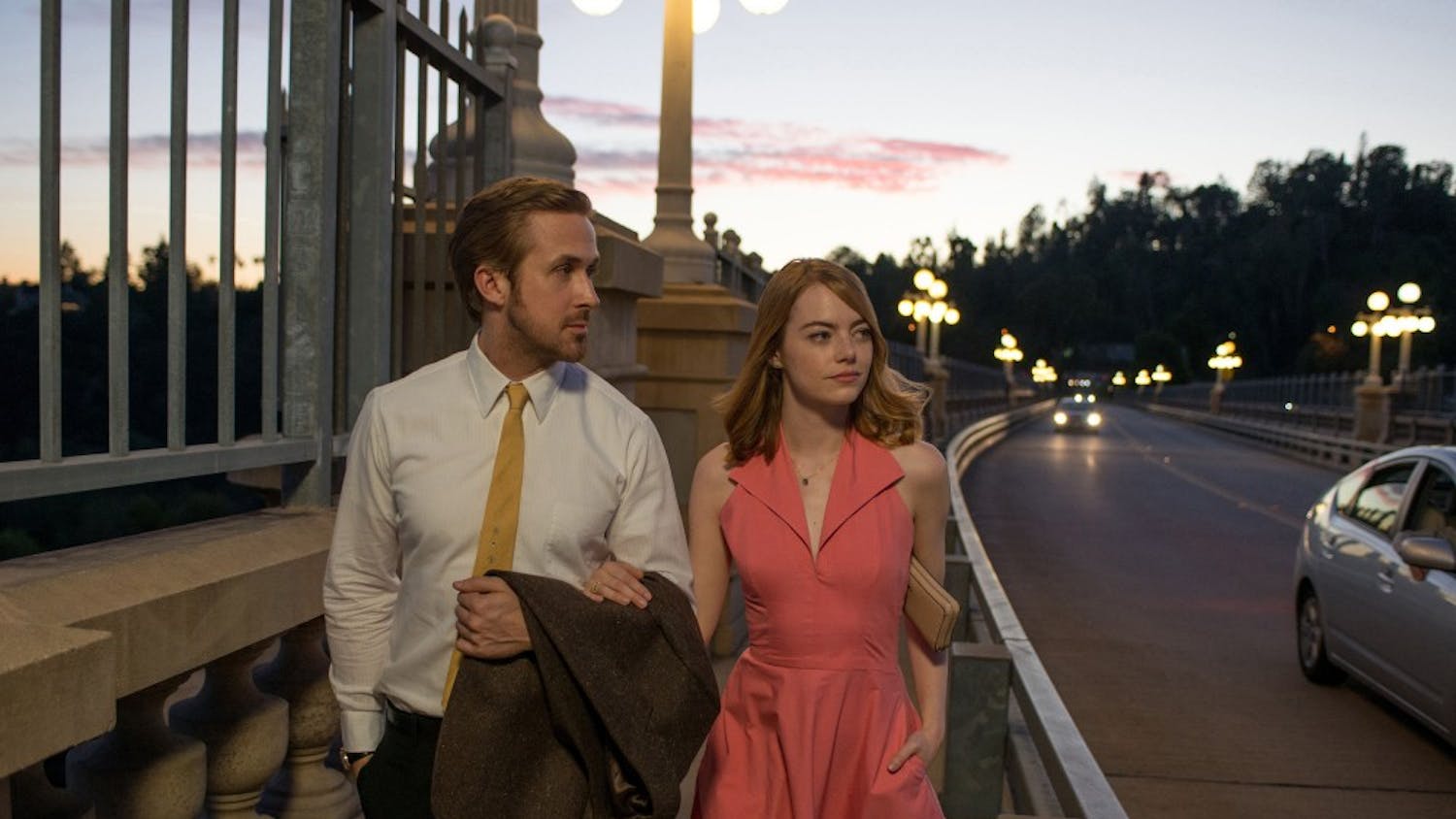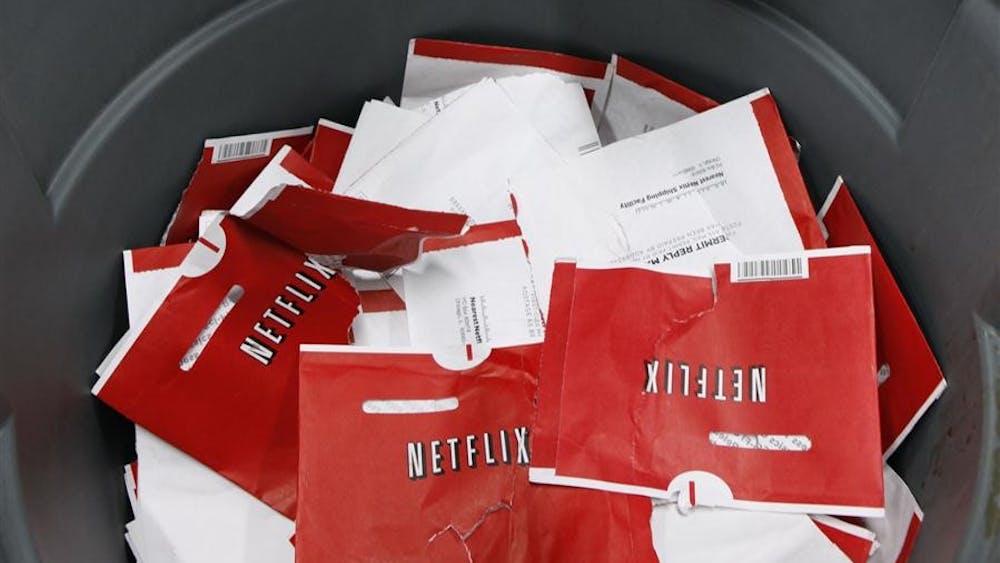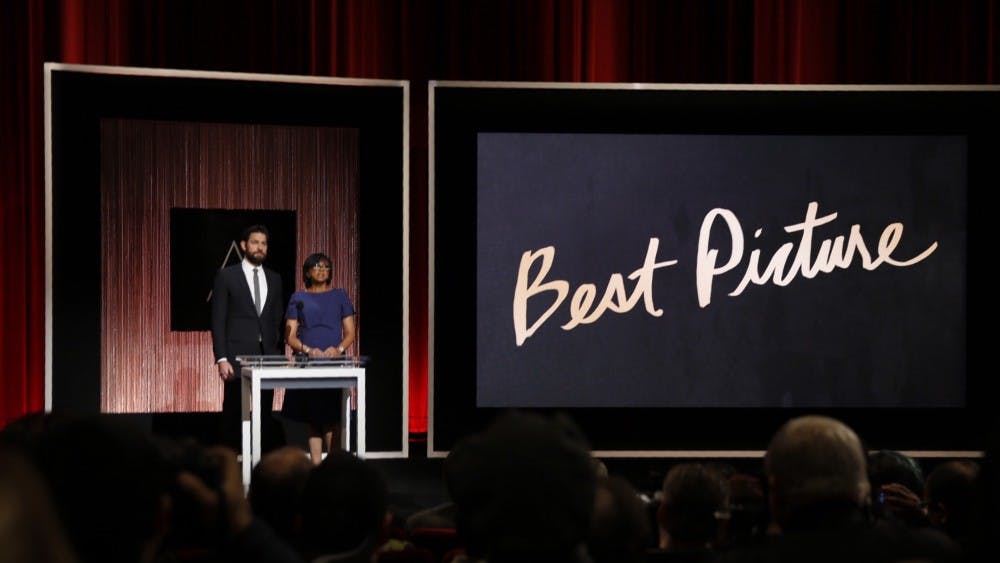What do “The Jersey Shore” and the presidential debates have in common?
They’re both scripted.
The recent memorandum of understanding (MOU) agreed upon by the Obama and Romney campaigns and the Commission on Presidential Debates established rules for the presidential debates this election season. These rules create a pseudo-script. While such agreements aren’t anything new, they should be troubling.
The CPD refused to release the document, so TIME’s Mark Halperin released the full text on Monday.
Among the agreements included a restriction prohibiting Tuesday night’s moderator, Candy Crowley, from asking follow-up questions to any Town Hall participant. The rules prohibited her from re-phrasing a question.
What’s the point of a moderator, then?
The MOU suggests both campaigns and the CPD don’t see anything wrong with such a sculpted debate.
Unfortunately for us, the presidential hopefuls battle a paralyzing fear of on-the-spot questions and candid remarks. If there isn’t a perfectly timed and practiced response to a question, an answer isn’t given.
Hasn’t reality TV taught us anything about scripted reality?
Whether you prefer the gooey moments of “The Bachelor” or the harrowing adventure of “Survivor,” every reality TV watcher knows the content of these shows is not 100 percent real.
Don’t try to tell me you actually believed Lauren Conrad’s glowing Hollywood life was real in “The Hills.” It was as fake as Heidi’s nose by season 5.
The debates are similar.
Romney and Obama won’t have time to prepare for every situation in the Oval Office, so why should they prepare for every second on the debate floor?
The combination of their intense preparations and the regulations from the MOU create a scripted scene. Any spontaneity might hurt a candidate’s performance in the debate. Translation?
The candidate will look dumb on television. Clearly, the CPD didn’t watch “The Hills.” Otherwise, they wouldn’t be so worried about a stupid comment on TV.
The first town hall presidential debate was in 1992, with Carole Simpson as its moderator.
Simpson was basically given control of the entire debate. She did not know any of the questions participants would ask, and she could call on whomever she wanted.
She even made comments after the questions were asked. This assured a randomness that would reflect responses closer to reality.
Since that debate, regulations have continually been tightened.
Fast-forward to the present, when regulations are at their tightest. With these guidelines, the debates depict something closer to fictionalized reality shows than an actual discussion.
And if I’m watching reality TV, I’d prefer “The Amazing Race” over “The Great Debate.”
By Bridget Ameche
The Great Debate
Get stories like this in your inbox
Subscribe




